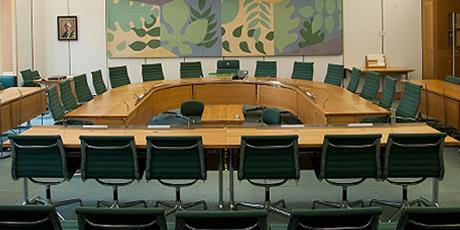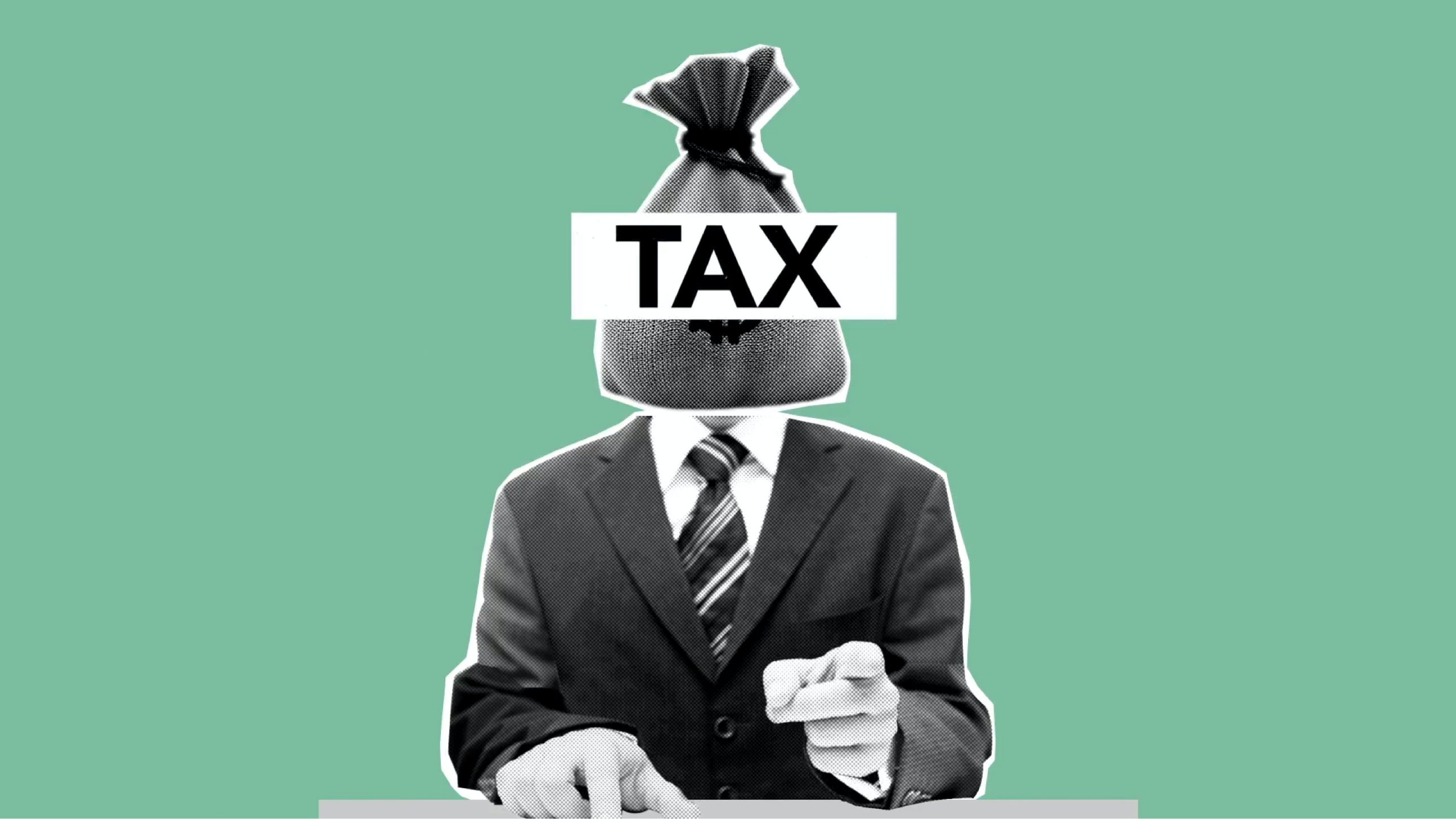
by Alex Dunnagan | May 2, 2023
HMRC must do more to deter and punish tax cheats following disruption to its compliance programme caused by the pandemic, according to a new report by the Public Accounts Committee. It shows HMRC opened 32% fewer cases in 2020-21 than the previous year, after 4,000...

by Alex Dunnagan | Apr 6, 2023
This piece on research and development tax relief was originally published in the R&D Tax Credit Insider newsletter on LinkedIn. What does the money achieve? R&D tax relief is an important government policy intended to incentivise businesses to incur...

by Alex Dunnagan | Mar 15, 2023
Nothing for HMRC compliance despite huge returns on investment Increases in sentencing for tax fraud and potential new tax offence– only useful if HMRC successfully prosecutes Tax to be simplified – we’re still not sure exactly how R&D reformed yet again Generous...

by Alex Dunnagan | Mar 14, 2023
R&D reliefs predicted to cost over £9bn by 2026-27 – by far the largest corporation tax relief Fraud and error in schemes total over £1.1bn in last three years R&D ‘claims farms’ continue to hard sell opportunities to claim refunds on expenditure that often...

by Alex Dunnagan | Mar 6, 2023
TaxWatch have submitted a formal complaint to both the Chartered Institute of Taxation (CIOT) and the Institute of Chartered Accountants in England and Wales (ICAEW) about one of their members, namely David Warren Hannah from Leicester. This is as a result of his...






